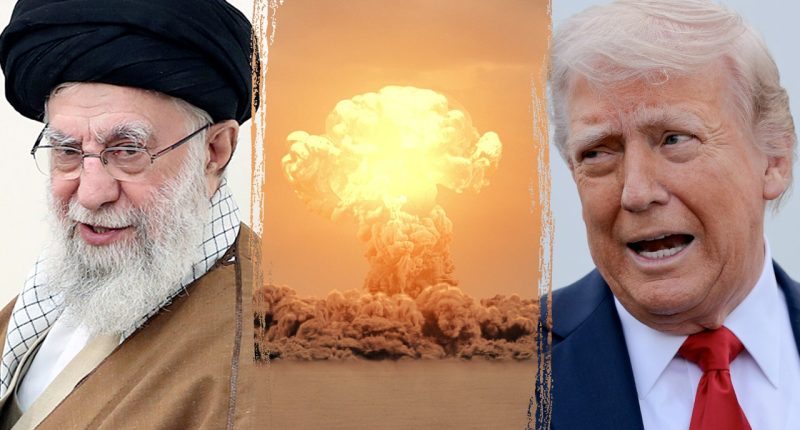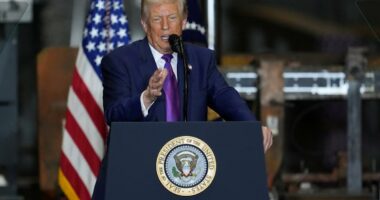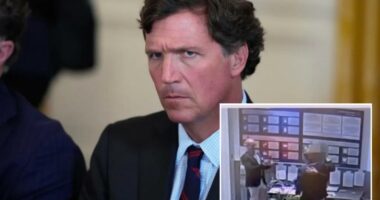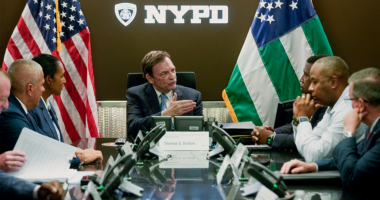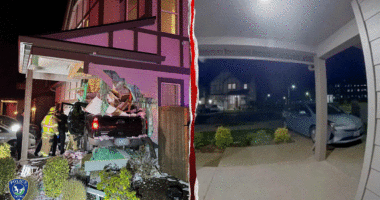Share this @internewscast.com
The U.S. and Iran have recommenced nuclear negotiations in Rome, with the discussions on Friday highlighting their unresolved differences. These disagreements have become public, clarifying the critical issues for both sides.
This week, Iranian Supreme Leader Ayatollah Ali Khamenei criticized the U.S.’s stance on uranium enrichment, which appears to demand a complete ban in Iran, implying that reaching an agreement might be challenging.
The White House did not respond to Fox News Digital’s inquiry regarding its stance on banning uranium enrichment even for peaceful purposes, like nuclear energy. However, on Friday, Iranian Foreign Ministry Spokesman Esmaeil Baghaei noted to reporters that “This round of talks is especially sensitive.”
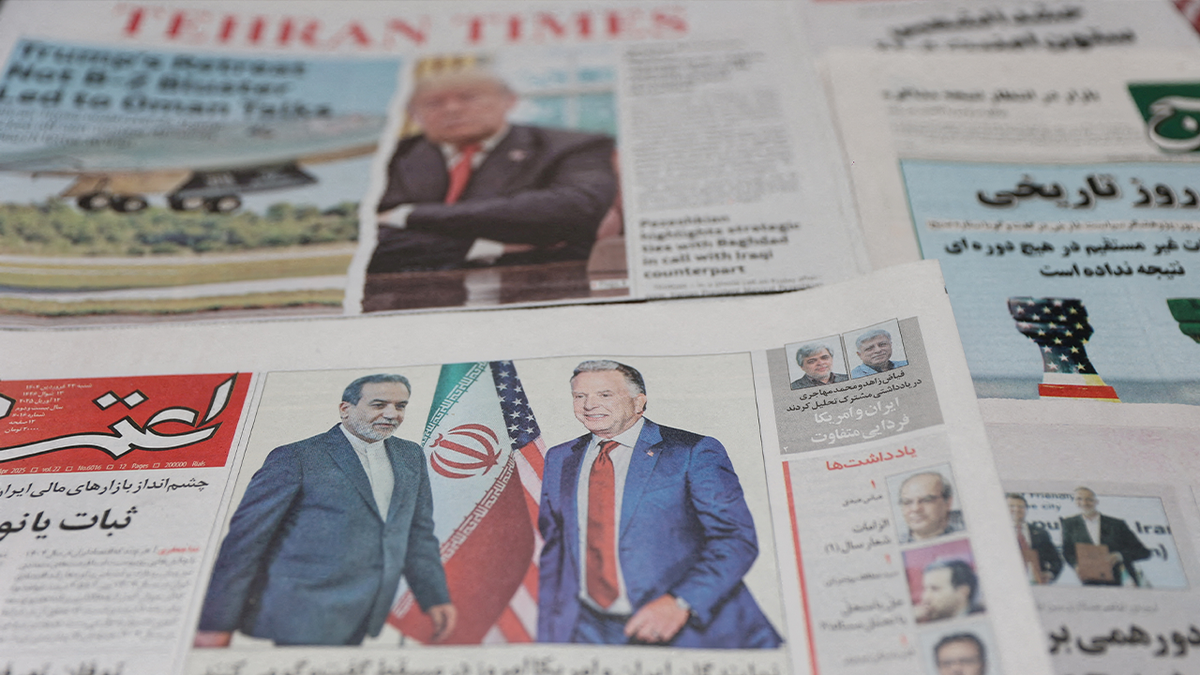
FILE PHOTO: An Iranian newspaper with a cover photo of Iran’s Foreign Minister Abbas Araqchi and U.S. Middle East envoy Steve Witkoff, is seen in Tehran, Iran, Apr. 12, 2025. (Majid Asgaripour/WANA (West Asia News Agency) via REUTERS)

U.S. Special Envoy to the Middle East Steve Witkoff shakes hands with Omani Foreign Minister Sayyid Badr Albusaidi in Muscat, Oman, Apr. 12, 2025. (Oman News Agency/ Handout via Reuters)
“Iran has more to lose by pushing away from the table,” he continued. “Iran is engaging in 2025 for a very different reason than 2013 and 2015. It’s trying to blunt maximum pressure. It’s trying to prevent an Israeli military attack, and it’s trying to prevent European snap-back [sanctions].
“This is why Iran is engaging today, and the Trump administration needs to be cognizant that, because of that, it does have the leverage in these negotiations and can demand more,” Ben Taleblu urged.
Nicholas Kalman contributed to this report.
